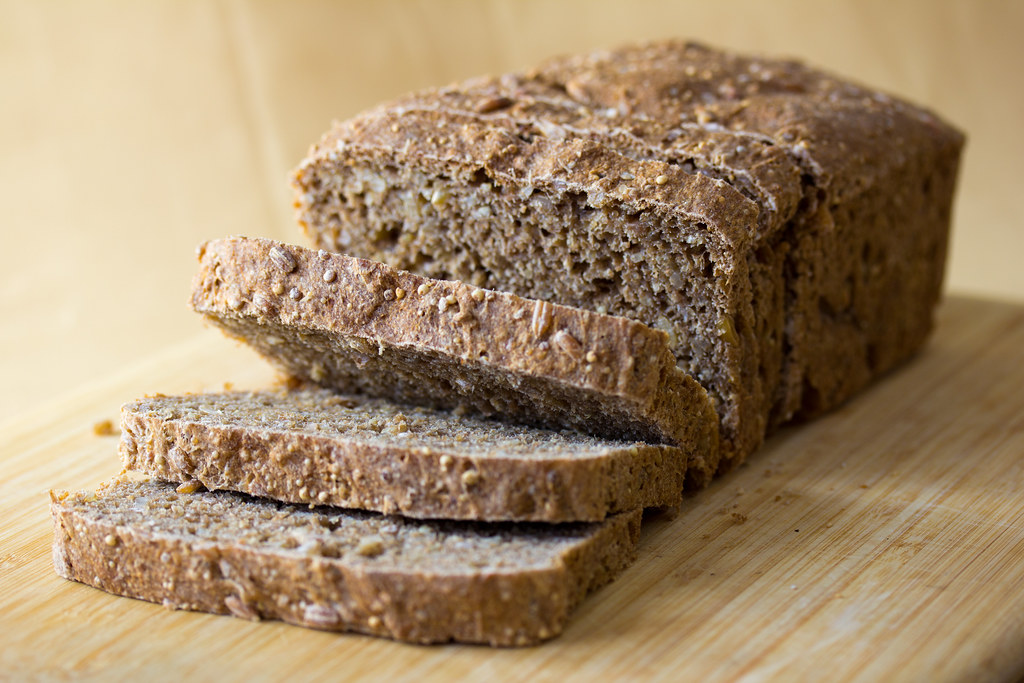
Your body needs iron to carry out its calorie-burning processes effectively. Iron facilitates the flow of oxygen throughout the body, which helps increase energy and metabolism. They have the highest protein, by weight, of any plant-based food, they are an easy substitute for animal protein in any recipe, and they are loaded with fiber," says Goodman. Just one cup of lentils provides 35 percent of your daily iron needs, plus protein and fiber, which aid in digestion.

"Cruciferous vegetables like broccoli, cabbage, cauliflower, and Brussels sprouts contain three essential nutrients that power your metabolism: B vitamins, calcium, and vitamin C. They also contain a nutrient called sulforaphane that supports the detoxification of toxins and estrogen. When both of those are active, it stalls fat loss," James shares. They also have high water and fiber content, a combination that increases your body’s ability to burn fat.

Beans (think red and black, not refried) are a metabolism-boosting food loaded with fiber, which lowers insulin levels after eating and improves insulin sensitivity over time. An excellent source of proteins and vitamins, beans also help you feel satiated. "The primary way in which most of these foods aid in weight loss is due to the fact that if you consume them, it is less likely that you will consume another food that is ultra-processed, high in calories, or high in unhealthy fats like trans fat and saturated fat," Goodman shares.
Your body works harder when digesting protein than when it’s digesting fat or carbohydrates. Eating good lean meats like white meat chicken and turkey requires more energy to fully digest. Plus, all that protein helps preserve your muscle mass to keep your metabolism at its peak.
Citrus fruits, especially lemons and grapefruits, are great for digestion. They’re low in sugar and contain an antioxidant that can help lower your blood sugar response after meals—and the vitamin C is important for normal fat metabolism. "Lemons contain a nutrient called 'limonin.' It helps support phase one and phase two of liver detoxification.

"Gluten-free oats are an incredibly healthy whole grain, providing several vitamins and minerals along with fiber—making them a great breakfast food," Goodman explains. Oats not only keep your insulin levels low after you eat them, preventing blood sugar spikes that signal your body to store fat, but they also have plenty of fiber.

Spicy foods have natural chemicals in them that fire up your metabolism. "Chili peppers are particularly impressive. They contain the bioactive ‘capsaicin’, which has the power to activate the immune system against cancer cells," says Goodman. Capsaicin, also helps your body burn more energy.
![]()
"If you add cinnamon to your coffee, it will help mute the adrenaline and noradrenaline response, which will have a slowing effect on the glucose. If you are eating fruit that has a more direct glycemic response, it will help negate that response," James explains. Similar to cayenne pepper, many spices are known to rev up metabolism, but cinnamon also curbs your sweet tooth, helps balance your blood sugar, and improves insulin sensitivity.
"Berries are a powerful, nutrient-dense food. They reduce lung cancer risk, slow cancer progression, increase stem cell levels, protect stem cells against stress, boost angiogenesis defenses, protect DNA, enhance immune response, and more," Goodman says. Eating berries have also shown to have beneficial effects on metabolism, stabilizing glucose levels, and decreasing body fat content.

Hemp seeds and flaxseeds are a great source of omega-3 and omega-6 fatty acids, both of which reduce inflammation and improve blood flow to your muscles to kick your metabolism into high gear. They work through a cellular response. That fat in the seeds helps support the integrity of the cells so they can hear the hormonal response," James explains.

Two specific forms of omega-3: EPA and DHA, found almost exclusively in fish, are likely responsible for its superior health benefits. They have been found to drastically decrease inflammation, increase HDL cholesterol (the good kind that scavenges excess cholesterol in the blood), and help maintain brain function. Just be sure not to eat fish too often because of the high levels of toxins," Goodman says. Oily fish like salmon, herring, and tuna are rich in omega-3 fatty acids.


Both anti-viral and antibacterial, coconut oil works to keep a healthy balance of good bacteria in your gut, which is necessary for efficient digestion. "Despite the fact that coconut oil is primarily saturated fat, it is a fantastic choice for cooking oil. And its high-fat content (good fats) works to give your metabolism a boost. Coconut oil contains medium-chain fats, a type of fat that speeds up your metabolism more than the long-chain fats found in substances like butter.

The high protein content of nuts makes your body burn more fat in order to digest them. They’re also a low-glycemic food, which means eating them keeps your blood sugar very stable. While small in size, nuts must be eaten in moderation. James explains, "Nuts will not be a weight-loss supporting food if they are eaten in excess, particularly nut butter.